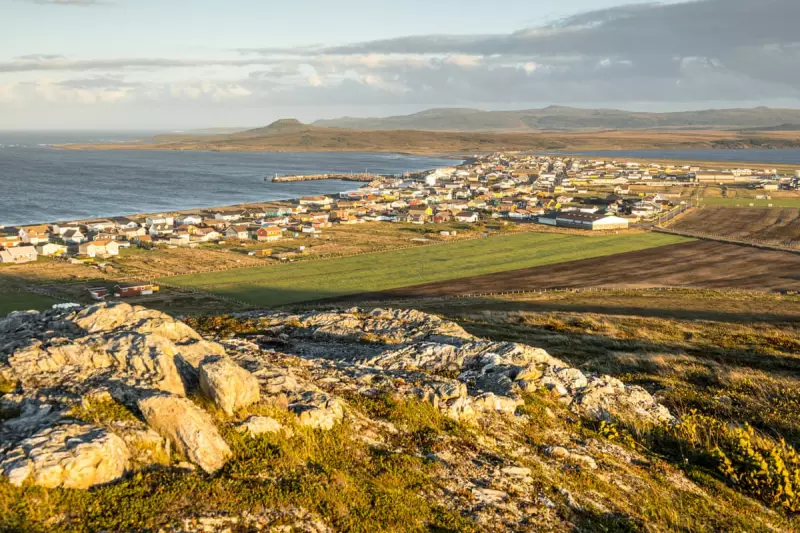
In a stark demonstration of climate change's accelerating impact, France has initiated the permanent relocation of residents from its historic North American territories of St Pierre and Miquelon. The archipelago, situated just off Canada's Newfoundland coast, is becoming increasingly uninhabitable due to relentless coastal erosion and intensifying hurricane activity.
The Unfolding Emergency
Government officials have confirmed that what began as temporary evacuations during extreme weather events is now transitioning into a permanent resettlement programme. The islands' 6,000 inhabitants face a heartbreaking reality: their centuries-old communities are being systematically dismantled by environmental forces beyond their control.
The situation has reached a critical tipping point, with recent storms causing unprecedented damage to infrastructure and making parts of the islands essentially unliveable for extended periods each year.
Why Relocation Becine Inevitable
- Sea levels around the islands are rising at nearly double the global average rate
- Hurricane frequency and intensity have increased dramatically in recent years
- Critical infrastructure including roads, ports and utilities face repeated destruction
- Emergency services struggle to maintain operations during increasingly frequent extreme weather events
A Community Uprooted
The relocation represents more than just moving people—it's the displacement of a unique cultural heritage that has thrived for generations. The islands' distinct French-speaking community, with its rich fishing traditions and North Atlantic identity, faces an uncertain future as residents are resettled across mainland France and other French territories.
This marks one of the first instances where a developed nation has been forced to permanently relocate an entire population due to climate impacts within its own territory—a sobering precedent that scientists warn could become more common in coming decades.
The Human Cost
- Families are being separated as relocation options are limited
- Traditional livelihoods in fishing and tourism are collapsing
- Mental health services report rising cases of climate anxiety and displacement trauma
- Cultural preservation efforts are racing against time to document island traditions
Global Implications
The St Pierre and Miquelon situation serves as a dramatic case study in climate-induced migration. While much attention has focused on vulnerable developing nations, this demonstrates that even territories of wealthy countries aren't immune to climate displacement.
Experts warn that this could be just the beginning, with numerous coastal communities worldwide facing similar threats from rising seas and extreme weather patterns. The successful management—or failure—of this relocation could provide valuable lessons for future climate migration scenarios.
As the international community continues to grapple with climate agreements and emissions targets, the people of St Pierre and Miquelon are living the reality of decisions made—and not made—decades ago. Their experience underscores the urgent need for comprehensive climate adaptation strategies that address the human dimension of environmental change.





